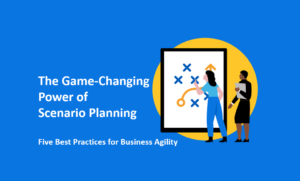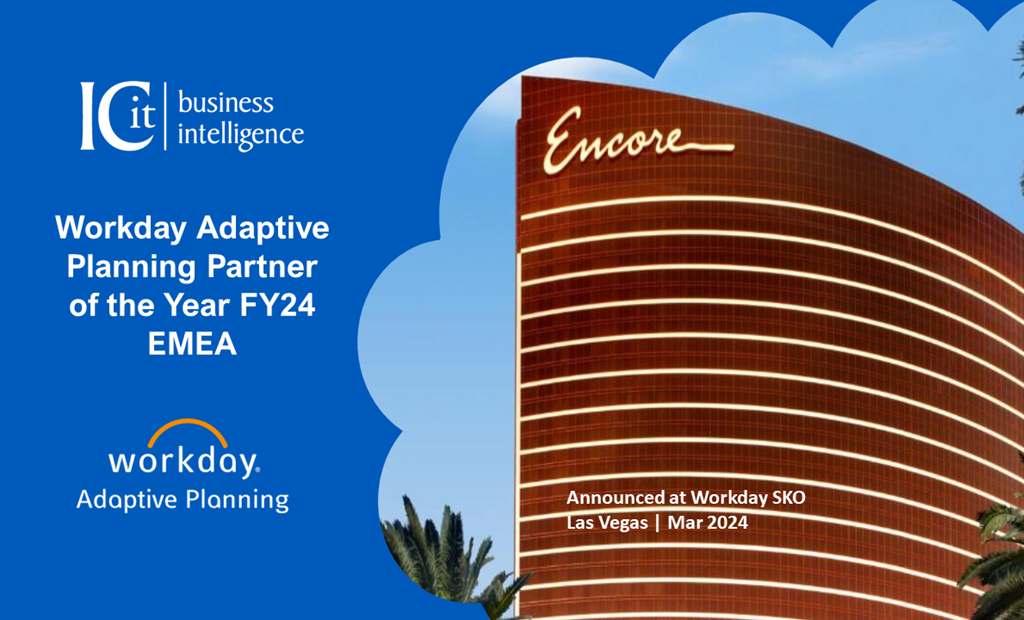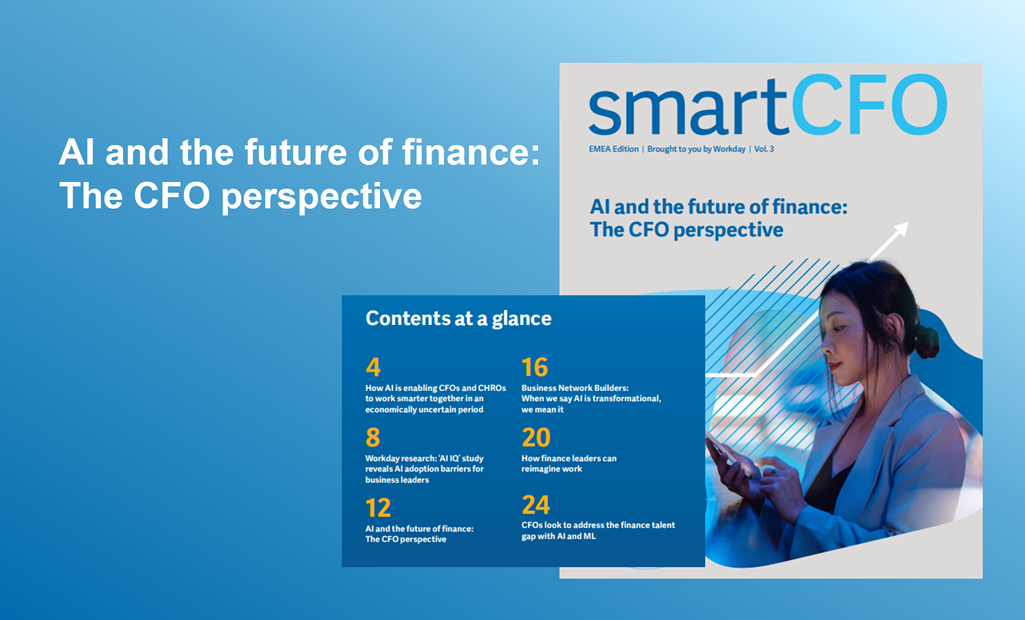Written by Chris Harman, ICit
Table of Contents
- How to scenario plan when past behaviour is NOT an indicator of future activity
- Why are some companies so much better at planning & forecasting?
- The top 5 characteristics of great Scenario Planning
- How can you put your financial planning in safe hands?
- What’s the best way to select the right financial planning tool?
How to scenario plan when past behaviour is NOT an indicator of future activity
Forecasting demand for your goods and services is going to be incredibly difficult with sentiment and regulatory changes that will be incumbent upon us in 2021 and probably longer.
In addition to the supply constraints and production bottlenecks that will also play their part in helping you decide what your go to market post pandemic will be.
Why are some companies so much better at planning & forecasting?
Many organisations are headlong into generating multiple forecast scenarios around how their world will look for them and their expected revenues and costs.
Some finance teams will be having more success than others in both the production and accuracy of these forecasts. So why is it that some finance teams are so adept at Scenario Planning and generating forecasts others not so good?
The top 5 characteristics of great Scenario Planning
- Real-time Data – In order to produce a series of forecasts you do need to have an accurate starting point. In many organisations specifically that have not implemented a planning solution, people are scenario planning with data that is already out of date. If you have the wrong data to begin with then both your choice of drivers and outcomes are likely to be skewed from the outset.
- Standardisation – If you are performing drive-based modelling across your entire organisation and at a reasonable level of granularity, it becomes almost an impossibility if you do not have standardised ways of planning and reporting. We see a huge drive towards standardisation so that performance between entities can be more accurately measure with strategies and initiatives that then can be evaluated on a like for like basis. Without standardisation, where to allocate your resources and forecast comparable activity is problematic for many.
- Technology – Without technology to manage your versions, inputs, volumes of data and collaborative requirement, the process of scenario planning whilst not impossible becomes a hugely onerous task and a massive drain on Finance resources and morale. It also brings with it all manner of risk and likely error.
- Data Quality – We know that future behaviour is not always a function of past behaviour, but knowing accurately what you did in the past down to a detailed and accurate level gives organisations a big leg-up when it comes to scenario planning. This is certainly relevant with seasonal sales and costs but also with how some costs will impact on other costs. If these relationships have not been understood and measured appropriately historically then future certainty and business insights when modelling is difficult.
- Process – In simple terms, some organisations neither have defined the process or harnessed the technology they need to be able deliver on the current requirement of scenario modelling. They have not historically created an active process with either the speed or composition of modelling that they now require to react to the challenges we currently face.
Most organisations do not have all of these components working together as a finely tuned machine to generate accurately and timely forecasts, In-fact, organisations that have all these areas defined, accurate and implemented are few and far between.
That being said, there is a significant gulf and disparity between the high performing organisations who will have mastered these elements of planning versus those who have under invested in their planning and reporting activities and have performed accordingly.
 Read our latest eBook…
Read our latest eBook…
The Game Changing Power of Scenario Planning with Five Best Practices for Business Agility
Download eBookHow to put your Scenario Planning in safe hands
With over 20 years’ experience, 450+ projects and 250+ customers, we have seen every imaginable challenge in delivering successful FP&A projects. ICit can help you to design and plan the solution around your requirements.
We work collaboratively with your finance team to transfer knowledge, share best practice and to deliver a successful project in a matter of weeks. See our Consultancy Services for more details.






